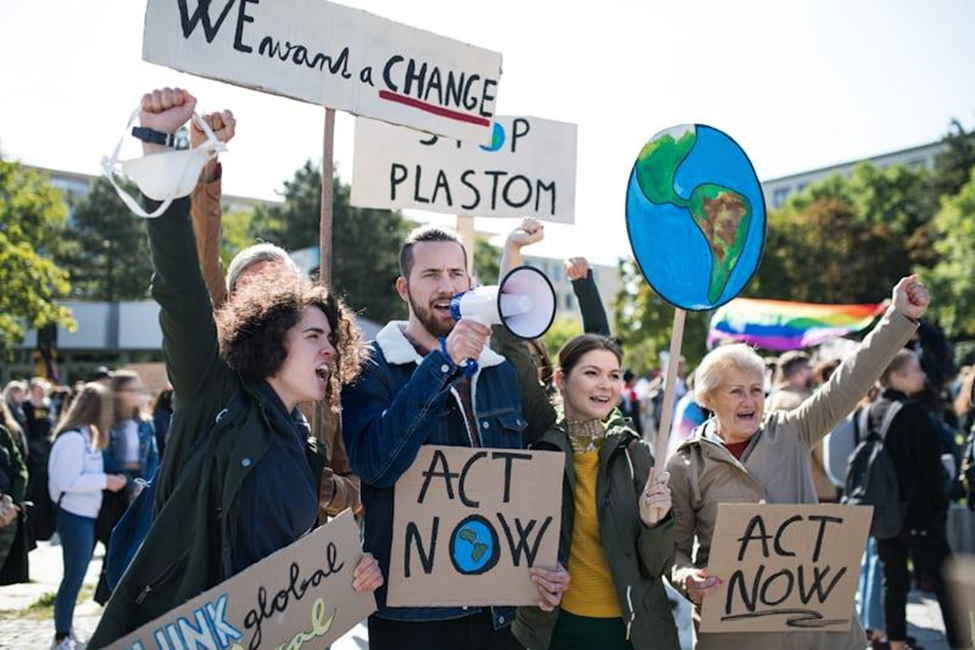Social media has emerged as a powerful tool in modern communication, shaping public opinion and influencing policy decisions across various sectors. Climate change, one of the most pressing global challenges, has been significantly affected by social media platforms, which serve as arenas for debate, information dissemination, activism, and policy advocacy. This article explores how social media contributes to climate discourse, impacts public perception, and plays a crucial role in shaping climate policy.
Social Media as an Information Hub
Social media platforms such as Twitter, Facebook, Instagram, and TikTok have become primary sources of news and information for many users. Unlike traditional media, social media allows real-time updates and a decentralized flow of information, giving individuals direct access to scientific findings, climate reports, and environmental news. Organizations like the Intergovernmental Panel on Climate Change (IPCC) and Greenpeace use these platforms to spread scientific knowledge and raise awareness about climate issues.
Moreover, social media enables the rapid dissemination of climate-related news, allowing users to engage with and share information instantly. The accessibility and reach of social media help in countering misinformation and increasing public awareness about environmental challenges.
The Power of Social Media Activism
Social media has given rise to digital activism, where individuals and groups advocate for climate action through online campaigns. Movements such as #FridaysForFuture, led by Greta Thunberg, have gained international traction by mobilizing youth and policymakers alike. These online movements amplify voices that might otherwise be unheard and facilitate global participation in climate advocacy.
Hashtags, viral videos, and digital petitions have become common tools for climate activists to pressure governments and corporations to adopt sustainable practices. The power of social media activism lies in its ability to create grassroots movements, engage younger generations, and hold policymakers accountable.
Public Perception and Climate Awareness
Public perception of climate change has evolved significantly due to the influence of social media. Users are exposed to diverse perspectives, ranging from scientific discourse to personal experiences of climate-related disasters. Through compelling narratives, visuals, and testimonials, social media enhances emotional engagement and fosters a sense of urgency among the public.
However, social media also presents challenges, as it can spread misinformation and create echo chambers where users are only exposed to viewpoints that align with their existing beliefs. Climate misinformation, often driven by corporate interests or political agendas, can undermine scientific consensus and slow down policy action. Fact-checking initiatives and digital literacy campaigns play a crucial role in mitigating these risks.
Influencing Climate Policy
Social media has transformed the way policymakers interact with the public. Government officials, climate negotiators, and international organizations utilize social media to gauge public sentiment, communicate policy measures, and respond to environmental crises.
Public pressure generated through social media has led to tangible policy changes. For instance, widespread online campaigns have pushed governments to declare climate emergencies, commit to net-zero targets, and ban harmful environmental practices. Additionally, corporate accountability movements have influenced businesses to adopt greener policies and enhance sustainability measures.
Furthermore, international climate summits such as COP (Conference of the Parties) receive heightened attention through social media discussions, making it easier for citizens to monitor negotiations and demand ambitious climate commitments.
Conclusion
Social media is an indispensable tool in shaping public opinion and influencing climate policy. It serves as an information hub, a platform for activism, a driver of public engagement, and a mechanism for holding policymakers accountable. While challenges such as misinformation persist, the potential of social media to drive meaningful climate action remains undeniable. As digital platforms continue to evolve, their role in climate discourse will become even more significant in shaping a sustainable future.
Sakshi Soni
Research Intern (Policy)
